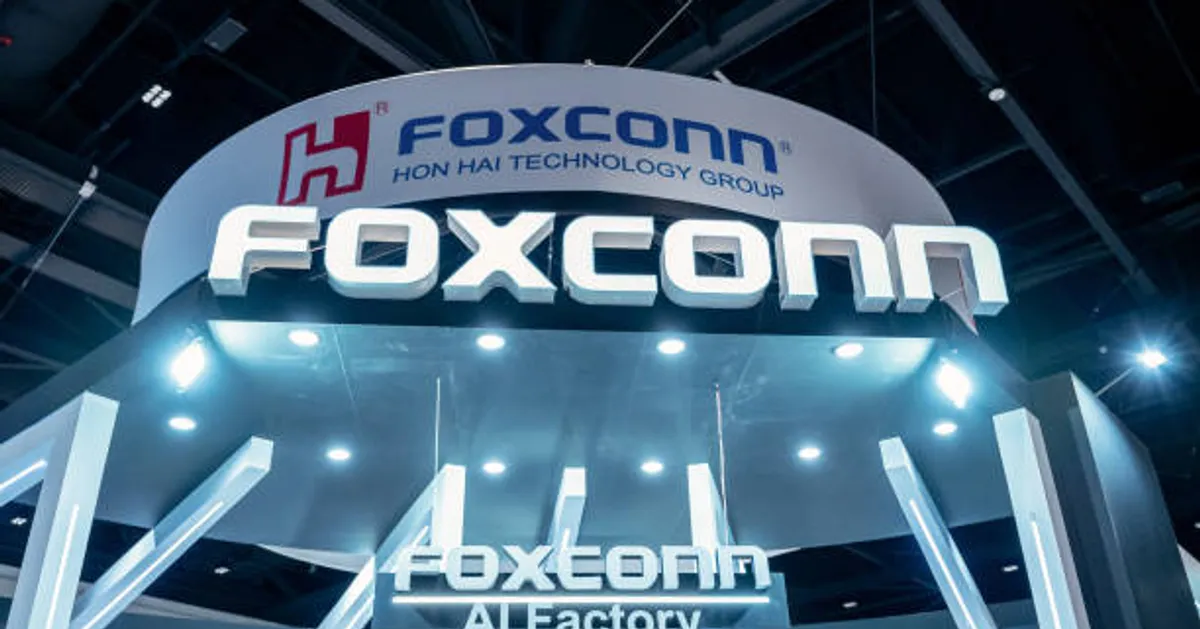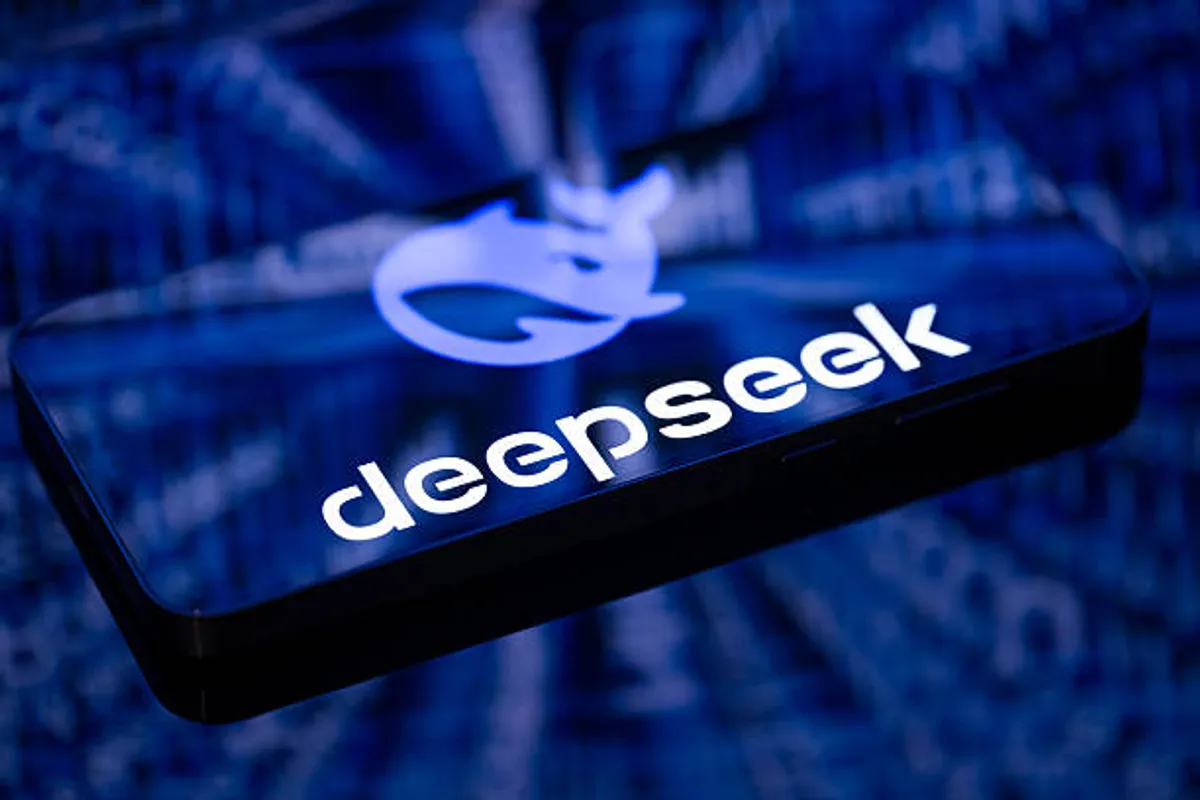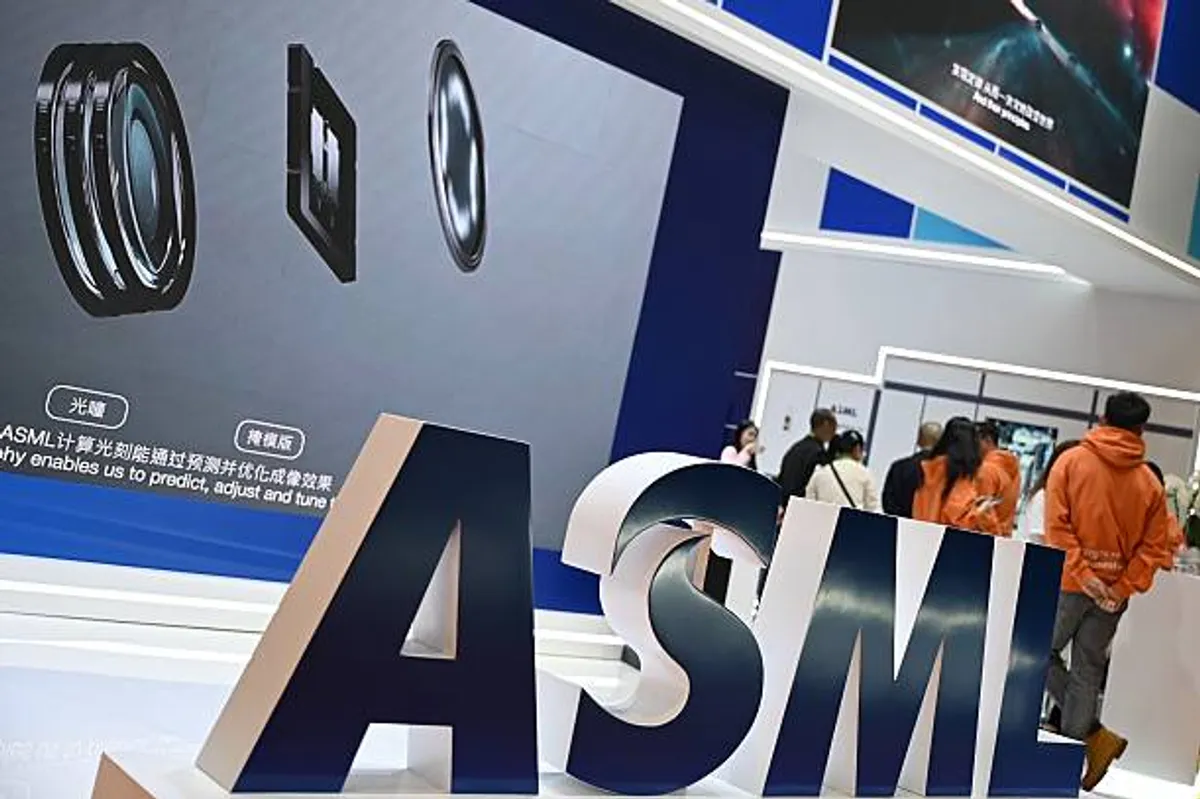Foxconn Signals Strong AI Demand and Prepares to Announce Collaboration with OpenAI

GeokHub

Taiwan’s Foxconn, the world’s largest contract electronics manufacturer and a major supplier of AI infrastructure to Nvidia, has expressed a bullish outlook on artificial-intelligence demand, stating the next year will mark a significant inflection point for its AI server and cloud-networking business. During its third-quarter earnings call, Chairman Young Liu remarked that the company is “very optimistic about the AI market next year,” adding that AI-related demand will be a major driver of growth in 2026.
At the same time, Foxconn announced that it plans to make a joint announcement next week in relation to OpenAI without providing details. This teaser suggests an emerging partnership or project that positions the company not just as a hardware supplier but as a strategic player in the broader AI ecosystem. The significance of this lies in the fact that Foxconn’s cloud and networking division—which includes the AI server business—has already out-revenue its traditional consumer electronics operations for at least two consecutive quarters.
Analysis / Impact:
The hints from Foxconn reflect several critical shifts in the global tech manufacturing and AI supply-chain landscape. First, the move by Foxconn illustrates that hardware providers are no longer mere component assemblers; they are now positioning themselves at the core of the AI infrastructure value chain. When a firm of Foxconn’s scale signals that AI servers and cloud-networking gear will outpace its traditional electronics business, it underlines how rapidly investment and demand are shifting.
Second, the upcoming OpenAI-related announcement signals that strategic partnerships between hardware manufacturers and leading AI research firms may deepen further. For regions like Africa and Nigeria, this trend matters: it means that opportunities may extend beyond end-user apps to foundational infrastructure, manufacturing, and supply-chain roles — provided local environments can support such ecosystems (power, connectivity, skills).
Third, while the bullish tone is strong, the comments also carry implicit caution. Foxconn noted that while it sees strong momentum for AI growth, it remains mindful of geopolitical and currency risks. This caveat serves as a reminder that even as demand surges, the path to growth is exposed to external vulnerabilities.
In sum, Foxconn’s remarks and near-term teaser with OpenAI mark another landmark moment in the AI infrastructure race. They suggest that the shift toward large-scale, enterprise-grade AI deployments is accelerating — and that the firms enabling that shift, whether by providing servers, networking gear or platforms, are becoming strategic in their own right.








